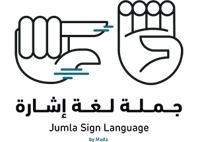
Jumla Sign Language
The main objective of this project is to provide to researchers and computer engineers a platform that offers a set of tools and data useful for processing and analyzing ArSL. Building a labeled database is fundamental to make any innovation in relation to the ArSL. In the first step, Mada will build the first labeled and indexed ArSL corpus containing both video and Mocap data. This content is very important for linguistics and computer researchers to study ArSL and make linguistic and scientific research. It can also be used by engineers to build new tools based on Mada corpus. In order to build this database a Sign Language studio will be setup using a dedicated Motion Capture solution that combines handshape, body movements and facial expression tracking.
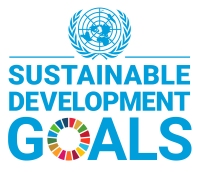
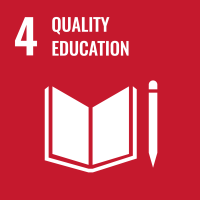
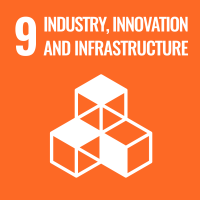
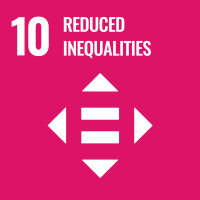
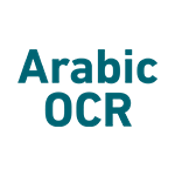
Arabic Optical Character Recognition ArabicOCR
The Mada Qatar Assistive Technology Center will embark on an ambitious research project, titled “Arabic Optical Character Recognition (ArabicOCR).” This pioneering initiative seeks to advance current methodologies in optical character recognition (OCR) specifically for the Arabic script, which is characterized by its complexity, diacritical marks, and contextual shapes. In the context of assistive technology, the project has the potential to be transformative. It aims to democratize access to information for Arabic-speaking individuals with visual impairments and learning disabilities, consequently increasing their independence and ability to participate in society.


![]()
Arabic Automatic Speech Recognition
The research project focuses on the development of an improved automatic speech recognition (ASR) system for the Arabic language. Arabic is a complex and rich language with a wide range of dialects and a unique writing system, and current ASR systems for Arabic still have a number of limitations. We aim to use a machine learning-based approach, including techniques such as data augmentation and transfer learning, to train a deep neural network-based ASR model on a large dataset of spoken Arabic. The resulting system will be evaluated using standard metrics such as word error rate and character error rate and will be compared to state-of-the-art ASR systems for Arabic. The ultimate goal of this project is to contribute to the development of more accurate and reliable ASR systems for Arabic, with potential applications in fields such as education, assistive technology and digital accessibility solutions, as well as facilitating the transcription and translation of spoken Arabic.



![]()
Arabic Text to Speech Synthesis
Mada Qatar Assistive Technology Center is set to embark on a groundbreaking research project titled “Arabic Text to Speech Synthesis.” This project seeks to develop a high-quality, user-friendly, and efficient Text-to-Speech (TTS) system specifically tailored for the Arabic language. The TTS system is a crucial assistive technology tool that can help people with visual impairments, learning disabilities, or other conditions affecting reading ability to access written content. Through this project, Mada aspires to empower the Arabic-speaking population with accessibility needs, enhancing their learning experiences, information access, and day-to-day communications. The Arabic TTS Synthesis project focuses on addressing the unique challenges presented by the Arabic language, including a complex phonetic structure, numerous dialects, and contextual pronunciation changes. The research team will employ the latest advancements in machine learning and artificial intelligence to build a system capable of generating natural and intelligible speech from written Arabic text.




Unified Arabic Braille
The Unified Arabic Braille Portal from Mada Center, Qatar, aims to develop the Arabic Braille table in math and science signs/ symbols, as well as to develop the first eight-dots Arabic computer braille table to take advantage of Its multiple features, such as writing or reading a single code in a single cell and supporting some computer signs. Braille is the only way that enables blind or blind-deaf people who have difficulty accessing printed materials to read and write using assistive technology.



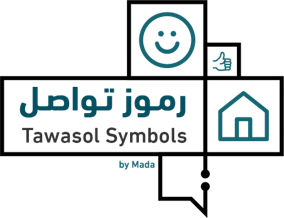
Tawasol Symbols
Tawasol Symbols is a bilingual Arabic / English symbol dictionary of frequently used words in spoken and written communication (Tawasol in Arabic) represented by images and pictograms. It is hoped the freely available symbols designed by Mada Assistive Technology Center in Doha, Qatar.




Mada Assistive Technology and Accessibility Glossary
Mada’s Glossary is the first dictionary of its kind, which includes terms related to ICT accessibility and assistive technology (AT) in the Arabic language. The Glossary was developed to serve as a vital resource for capacity building within ICT services, accessibility, and assistive technology in Qatar and beyond. Mada’s Glossary is essential to educate professionals, researchers, and individuals interested in the basic terms used in these fields. It is considered one of the first initiatives to provide such resources in Arabic.


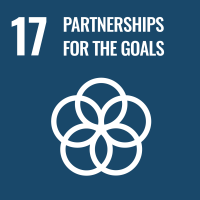
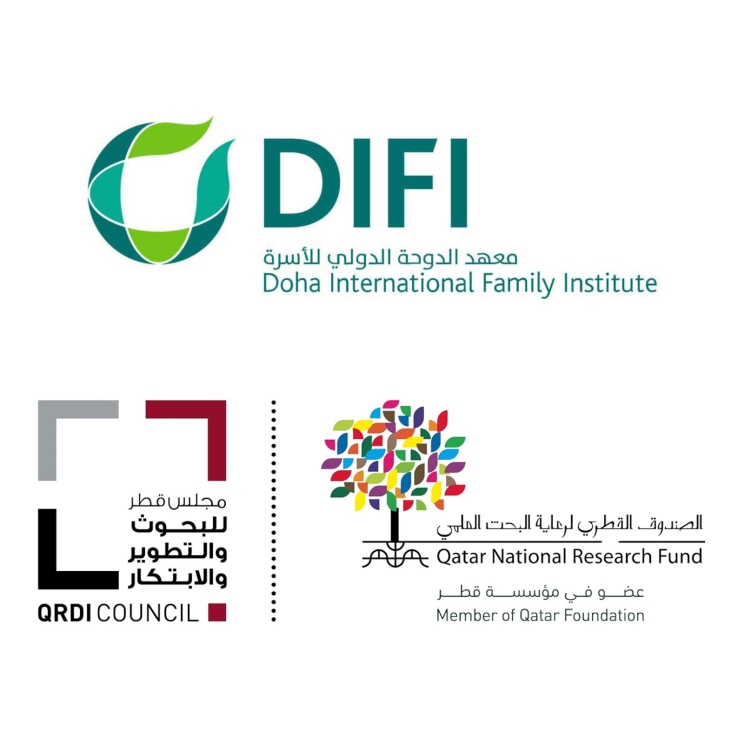
Supporting older persons and their caregivers’ digital inclusion in Qatari and Arab Families
Funded by QNRF and DIFI | OSRA5-0415-20006
The aim of this project is to examine the experiences of older persons and their caregivers in the local context, and to explore their perspectives on ICT, in supporting caregiving tasks and the independent living of older persons living at home. In this project, we will address the following research questions, focusing on older persons and their caregivers: What are the opportunities for ICT to support daily activity participation and social inclusion of older persons and their caregivers, and what are the challenges, concerns, and enablers for ICT access and use to meet these opportunities? We will conduct semi-structured interviews that include open-ended questions related to the study objectives, enabling participants to freely describe their perspectives and experiences.

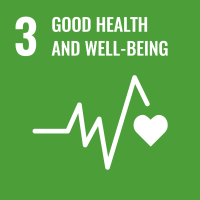

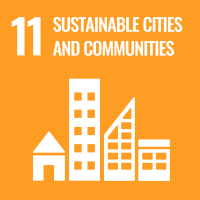
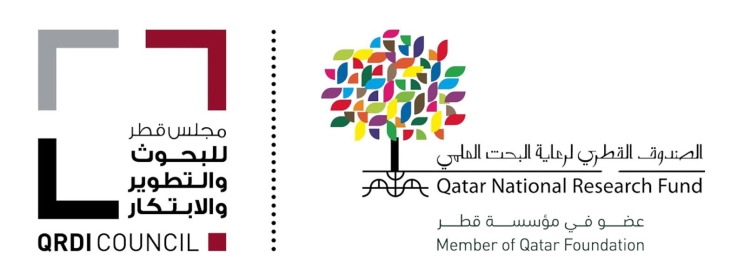
Multisensory Tangible Technologies for inclusive collaborative play between Children with Autism spectrum disorder and their neurotypical peers
Funded by QNRF | NPRP13S-0108-200027
Due to the growing prevalence of ASD in Qatar, the state launched the Qatar National Autism Plan 2017-2021. The national plan lists 44 goals to be implemented by 2021. These goals include raising public awareness, supporting early diagnosis, improving the quality of behavioral and educational interventions, and guaranteeing continuous care and support in their education and social participation.




![]()
Arab Web Accessibility Study
The Arab Web Accessibility Study is an initiative by Mada to explore the state of web accessibility in the Arab region. The study will analyze 5,000 websites across various sectors in 22 Arab countries, providing a comprehensive overview of the current state of web accessibility in the region. This comprehensive study, the first of its kind, meticulously evaluated the digital landscapes of all Arab countries, covering Algeria, Bahrain, Comoros, Djibouti, Egypt, Iraq, Jordan, Kuwait, Lebanon, Libya, Mauritania, Morocco, Oman, Palestine, Qatar, Saudi Arabia, Somalia, Sudan, Syria, Tunisia, the United Arab Emirates, and Yemen.



